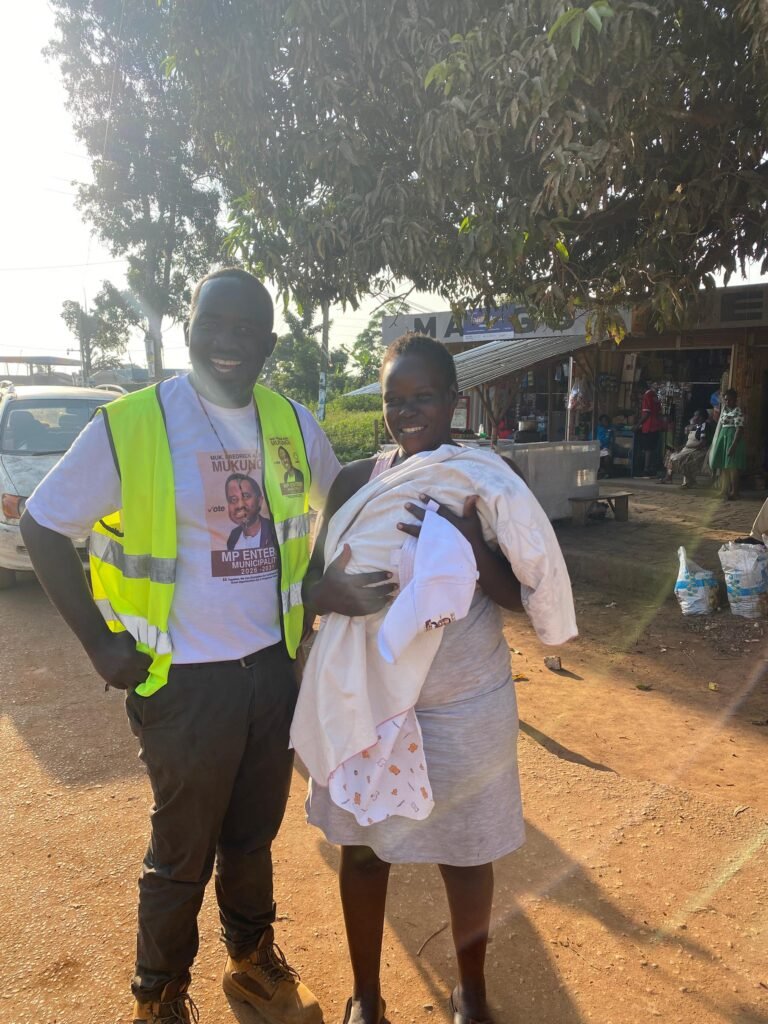

Uganda Explores Genetic Technology in Renewed Fight Against Malaria
KAMPALA – In a significant step towards combating the country’s leading cause of morbidity and mortality, the Office of the Prime Minister (OPM) has convened a high-level meeting to explore innovative genetic technologies to control the spread of malaria.
The meeting, chaired by Mr. Kasule Ssebunya Robert, the Head of the Prime Minister’s Delivery Unit (PMDU), brought together officials from the Uganda Virus Research Institute (UVRI) and the research consortium, Target Malaria Uganda.
The focus of the discussion was a groundbreaking research partnership between UVRI and Target Malaria, which is investigating the use of genetic technologies to modify mosquito populations and drastically reduce malaria transmission.
During the briefing, the teams from UVRI and Target Malaria explained their current work with two pioneering approaches: sterile male mosquitoes and male bias mosquitoes. These methods are considered crucial preparatory steps for future, more advanced gene drive mosquito strains.
The core objective of the research is to directly target the female Anopheles mosquito, which is solely responsible for transmitting the malaria parasite. The innovative technology aims to achieve this in two ways: by reducing the fertility of female mosquitoes and by genetically biasing mosquito offspring to be predominantly male. This would lead to a steep decline in the population of disease-transmitting females over time, effectively interrupting the malaria transmission cycle.
This high-level engagement signals the Ugandan government’s serious consideration of cutting-edge science as a tool to address the persistent public health challenge of malaria, which remains a primary threat to the health and well-being of its citizens.









